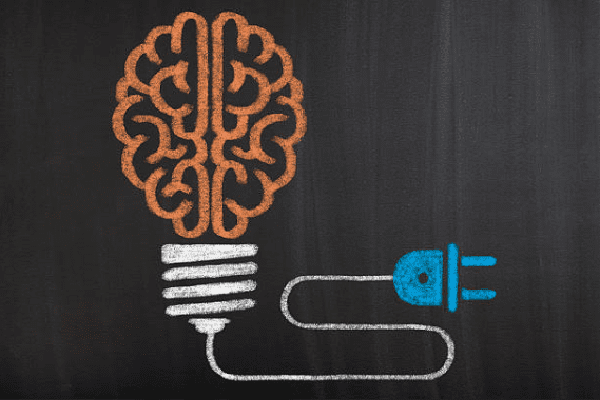Interesting >>>> Is forgetfulness normal or pathological
Is forgetfulness normal or pathological?

Forgetfulness is a fairly common phenomenon in everyday life, and people of any age are susceptible to it, from childhood to very old age. As a child, you don't really worry if you forgot your changeable school shoes at home, forgot to do your homework, forgot to feed the fish or the hamster. As you grow older, you begin to forget more essential things: where you put your documents, where you left your wallet, when your spouse has a birthday, what class did your child go to. When cases of forgetfulness become more frequent, you begin to suspect that you have some kind of health problem. But is forgetfulness always a symptom of the disease?
The work of the brain is vast and diverse: every second it is required to control, analyze, sort, process large amounts of information, memorize the necessary, filter out the useless, hide unnecessary, but possibly useful information in the future. And if we take into account that the flow of information and events does not stop for a minute, the memory is overflowing, the brain requires rest, but does not receive this opportunity in time, then it is quite understandable where forgetfulness comes from.
In terms of the duration of information storage, our memory can be long-term, operational and short-term. All information that has entered the short-term memory is very quickly erased, so you should not panic about forgotten information if its significance was temporary. Forgetfulness in this case is just a natural process for short-term memory.
As soon as we focus on any one business, the events of the surrounding world fade into the background. But when there are many cases, it is not possible to cover all of them with attention to the same degree, something will be missed, forgotten, and this is a normal state that has nothing to do with pathology, since forgetfulness in this situation is the result of scattered attention.
Chronic stress, emotional upheaval, a feeling of constant anxiety stimulate an increased production of the hormone cortisone, which in excess has the property of damaging brain cells, especially those responsible for working memory, as a result, memory deteriorates and provokes forgetfulness. The brain is known to sort and "store" information during sleep. If the sleep time is shortened, then the process of transferring information from the operative memory to the long-term memory is disturbed, and some part of the information "falls out" from memory, is forgotten. Such variants of forgetfulness already have a painful basis.
Memory impairment can be triggered by some drugs: neuroleptics, tranquilizers, sedatives, antidepressants. These drugs can cause both permanent and reversible memory impairment if withdrawn.
Many diseases can lead to memory impairment: diabetes mellitus, dyslipidemia, atherosclerosis, hypertension, hypothyroidism, vitamin deficiency or hypovitaminosis of vitamin B 12, folic acid and others.
Forgetfulness can result from the intake of alcohol-containing substances, the consequence of anesthesia.
A dangerous cause of forgetfulness is memory impairment as a result of mass death of neurons caused by any organic disturbances in the structure of the nervous system, or due to age-related changes in the structure and functioning of the organs of the nervous system. This is where diseases such as dementia and Alzheimer's disease originate.
Interesting research into the causes of forgetfulness was carried out in 2003 by a group of French and Swiss biologists led by French biologist Isabelle Mansui, who discovered a protein molecule capable of erasing information entering the brain. It turned out to be the enzyme protein phosphatase, which was previously known to scientists as a regulator of cell division. The results of studies of the effect of protein phosphatase on memory work is that, as experiments have shown, this enzyme blocks the synthesis of proteins that transmit nerve impulses at the time of memorization, causing a "mashing" of information and, accordingly, leads to forgetfulness.
To understand whether it is worth worrying if forgetfulness happens, you can answer a few questions to yourself:
- Do you forget which year is going on?
- Do you ever wonder where you are at the moment?
- Do you periodically forget the names of loved ones?
- Do you have memory lapses when significant segments of your life "fall out"?
If you answer these questions in the affirmative, then it's time to go to a doctor - a neurologist, if you haven't had such moments of forgetfulness, then forget about your worries, since your forgetfulness is an element of distraction and nothing more. Train your memory, try to dose information, do not take on many things at the same time, learn to concentrate and memory will serve you for a long time.

Read

Read



























